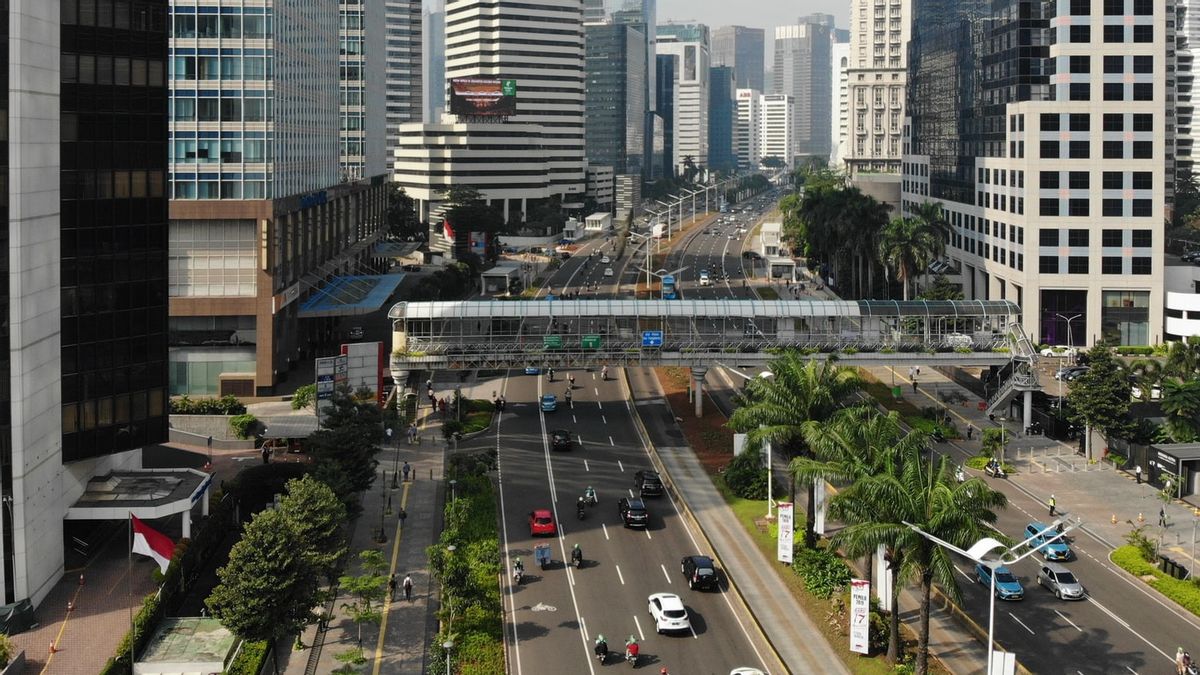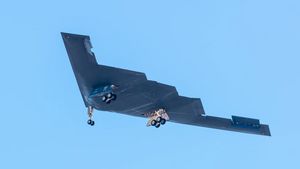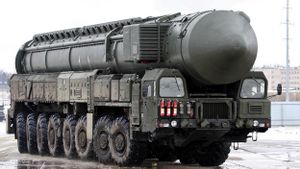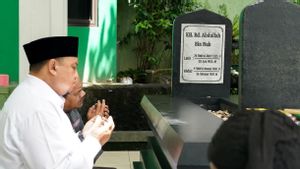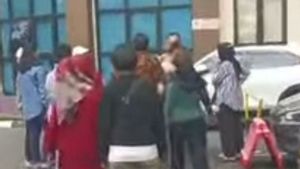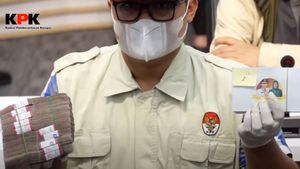JAKARTA - The Ministry of Transportation noted that the increase in the movement of private vehicles leaving Jabotabek to the east via the Jakarta-Cikampek Toll Road rose by 141 percent.
"As for the movement of private vehicles, based on data from Jasa Marga on Tuesday (26/4) or D-6, traffic increased by 89 percent. Jasa Marga again recorded an increase of up to 141 percent on Wednesday (27/4) or D-5 yesterday, when compared to normal traffic in the November 2021 period," said Transportation Ministry Spokesperson Adita Irawati in a statement in Jakarta, Thursday, April 28, as reported by Antara.
Adita said that up to D-5 as many as 74,634 vehicles left Jabotabek via GT Cikampek Utama, which in the normal 2021 period will be around 31,023 vehicles.
Cumulatively, as many as 951,758 vehicles left the Jabotabek area on D-10 to D-5 Eid Al-Fitr 1443 H/2022 which falls in the Friday-Wednesday period (22-27 April 2022).
This figure is the cumulative number of traffic (traffic) from the four Barrier/Main Toll Gates (GT), namely GT Cikupa (direction Merak), GT Ciawi (direction Puncak), and GT Cikampek Utama and GT Kalihurip Utama (direction Trans Java and Bandung).
"The total volume of traffic leaving the Greater Jakarta area rose 9.4 percent compared to normal traffic for the November 2021 period with a total of 870,371 vehicles," he said.
He added, for the distribution of traffic leaving Jabotabek heading in three directions, the majority of which were 471,044 vehicles (49.5 percent) headed east (Trans Java and Bandung), 289,122 vehicles (30.4 percent) headed west (Merak), and 191,592 vehicles (20.1 percent) headed for the South (Peak).
"With the high public interest in going home this year, the government appeals to the public to go home early and continue to apply health protocols, in order to realize a safe and healthy homecoming," he concluded.
Previously, every day, especially during this fast, a number of roads in Jakarta routinely experienced severe traffic jams. The Head of the DKI Jakarta Transportation Agency, Syafrin Liputo, noted that the increase in traffic volume in Jakarta at the implementation of PPKM Level 2 was 3.33 percent compared to PPKM Level 3.
"The average traffic volume per day at PPKM Level 2 is 2,161,954 vehicles per day, an increase of 3.33 percent compared to PPKM Level 3 with 2,092,351 vehicles per day," said Syafrin, last April 25.
Meanwhile, the average traffic speed per day in the Capital City during PPKM Level 2 is 30.18 kilometers per hour, a decrease of 8.67 percent from 33.04 kilometers per hour.
Syafirn said that the increase in traffic volume was not significant. "Jakarta's congestion in recent times, indeed from our monitoring results, in terms of traffic volume, the increase is not significant," he said.
However, why during the current month of Ramadan, Jakarta again feels very congested? Syafrin explained the reason because in the afternoon many people rushed to their homes or places to eat to break their fast together.
"The position is that in the afternoon people flock to places to break the fast together. This then causes congestion at several points," said Syafrin.
The English, Chinese, Japanese, Arabic, and French versions are automatically generated by the AI. So there may still be inaccuracies in translating, please always see Indonesian as our main language. (system supported by DigitalSiber.id)
